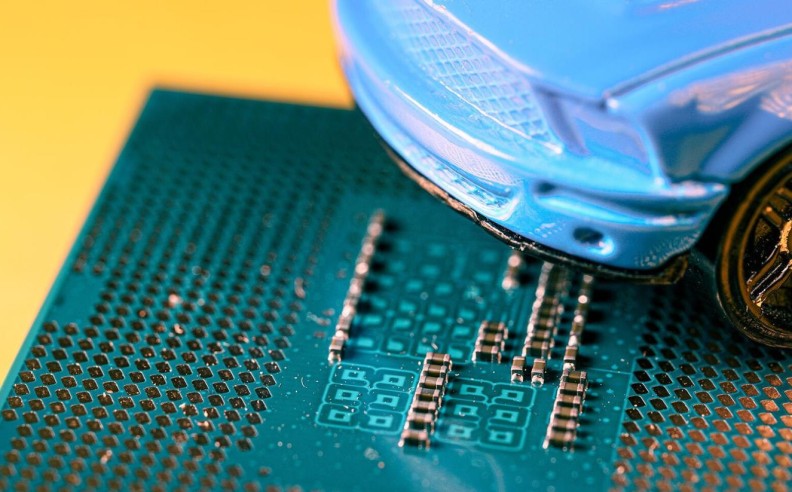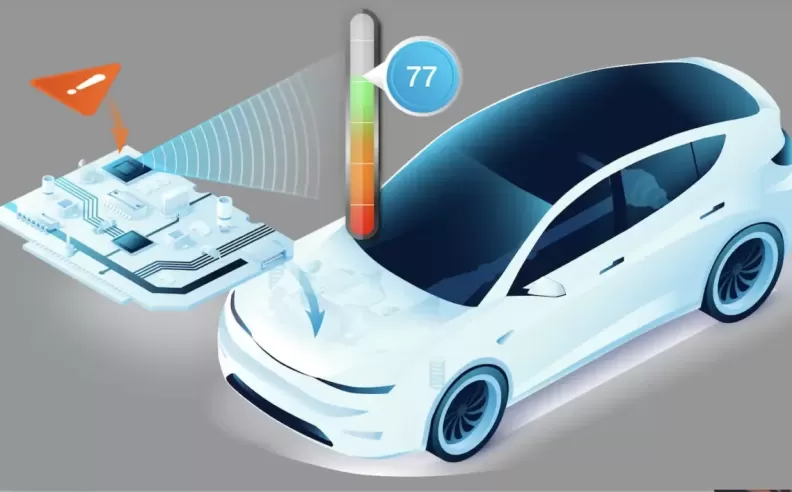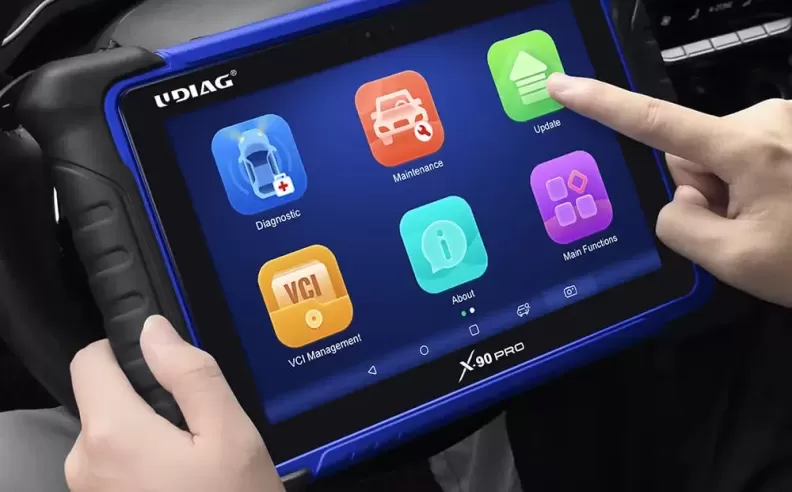
In the evolving world of automotive technology, the infamous "check engine" light is undergoing a high tech transformation. As electronic systems take center stage in vehicles, a new advancement is emerging from within the silicon chips that power them. Instead of relying solely on vague dashboard warnings, cars of the near future may be able to self diagnose electronic issues in real time, thanks to embedded technology that can monitor chip health, predict failures, and even suggest fixes before problems arise.

Modern diagnostic tools often struggle to pinpoint electronic issues precisely, leaving technicians with trial and error repairs. A new solution uses embedded "agents" inside the chips themselves to monitor power usage, processing speed, and system integrity. These microscopic monitors operate with minimal impact on the chip’s performance while constantly analyzing its operation. Any slowdown or increase in power draw could indicate early signs of degradation, allowing the chip to signal issues long before they manifest as full blown failures.

The monitoring agents don't just measure, they learn. During vehicle development, chips equipped with these agents collect performance benchmarks that are uploaded to the cloud. Once installed in consumer vehicles, each chip continues to compare its real time performance to these standards. This allows automakers to track how software updates affect hardware and even adjust power use remotely to extend the chip’s life. It’s a proactive approach to maintenance that could shift how drivers and manufacturers handle electronic repairs, especially in safety critical systems like ADAS.

Started my career in Automotive Journalism in 2015. Even though I'm a pharmacist, hanging around cars all the time has created a passion for the automotive industry since day 1.
